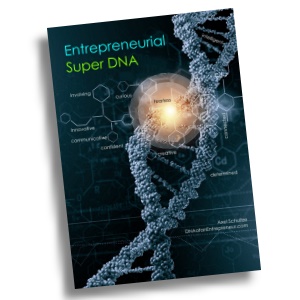Accelerator Open for Applications
The Growth Accelerator and the brand new Entrepreneurs Academy are now open for applications.
Lots of news:
- Updated Growth Accelerator Program
- New Entrepreneurs Academy
- Partnership with World Innovations Forum
Updated Growth Accelerator Program
we added a new session INNOVATIVE THINKING based on our experience with “Disruptive Business Model Development”. It’s all about thinking out of the box, creative, big… but how do you actually shape your thinking process? In this new session, we teach you how to actually think innovative.
Admittedly – our all online accelerator program failed in emerging countries. Hence we are back to the former and highly successful “hybrid model”, consisting of a one week bootcamp and 10 weeks online program.
New Entrepreneurs Academy
Between fall last year and now we developed an all new Entrepreneurs Academy program. This is thought to be a precursor to the growth accelerator. It covers the key topics of entrepreneurship, company purpose, team development without a budget, business concept & funding, and so forth.
Partnership with World Innovations Forum
The partnership with the World Innovations Forum Foundation allows us to give stipends with substantial discounts, up to 99% to attendees from emerging and developing countries. It may also allow us to provide stipends for teams in developed countries with special conditions.
The post Accelerator Open for Applications appeared first on San Francisco Accelerator.


